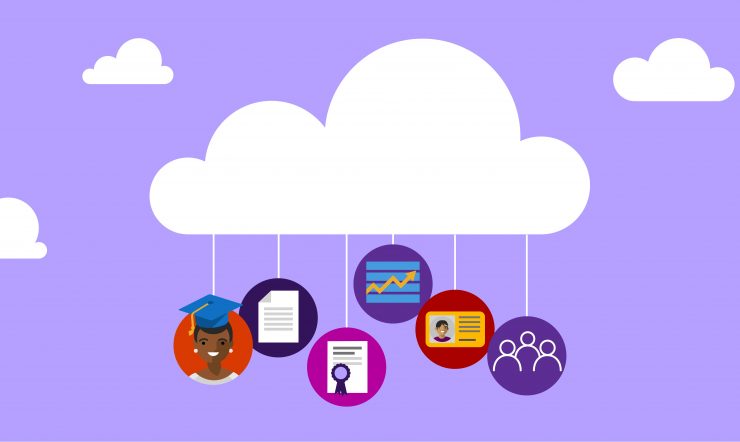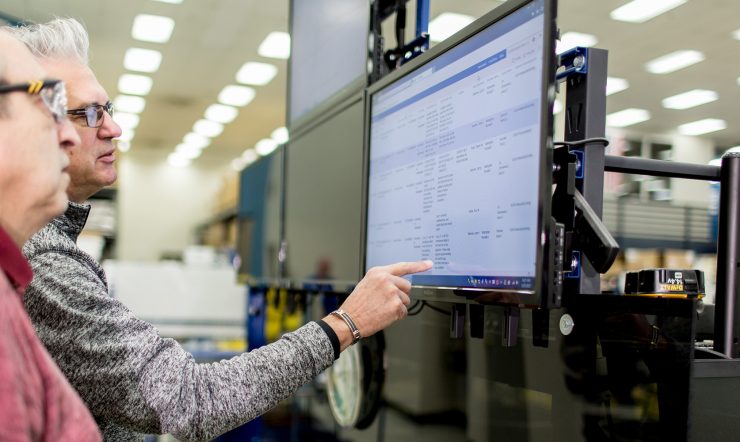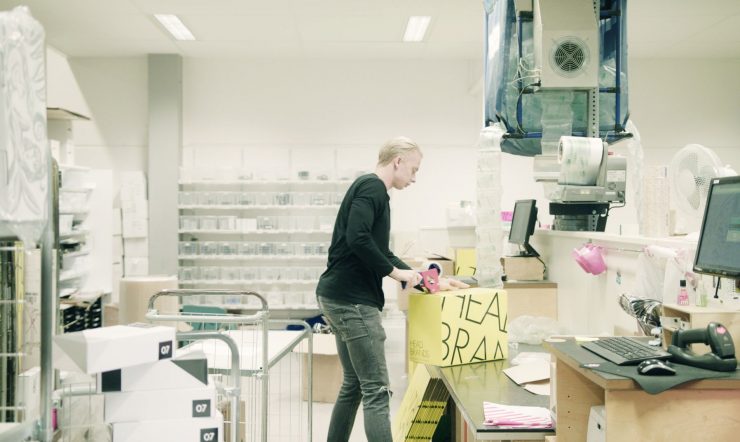The pace of change in the modern workplace is relentless. Not a week goes by that a new digital innovation or technologically driven approach emerges to disrupt and influence our workplace status quo.
And yet, despite these emerging innovations, our capacity to move with the times and stay abreast of these changes remains very much human. As Dr Michael Parke of the London Business School notes: “The process of adopting new behaviors in a workplace still moves at a human’s pace.”
That’s why Microsoft has worked in partnership with the London Business School and KRC Research to explore the future of work. Looking at the intersection of culture, leadership and technology in workplaces across Western Europe, When change is the new normal reveals news research based on findings from 9,000 employees across 15 markets that will help ambitious and forward-thinking business navigate this new era of digital transformation in the workplace.
Key insights into the future of work
For businesses, having the right organisational structures in place to be able to adapt to change is essential to achieving the competitive advantage needed to succeed in this exciting new era.
And the work culture we promote is the glue that binds these structures together.
The business leaders that contributed to our study identified cultural change as their number one priority. And did you know that companies with highly innovative cultures are more than twice as likely to expect double-digit growth?
But the benefits of an established organisational culture isn’t limited to the bottom line – it’s also about attracting and retaining the best talent. Our study found that 86% of employees in highly innovative cultures want to stay in their jobs. That’s a huge increase on lower-innovation workplaces, where only 57% of employees are happy in their jobs.
So what are these highly innovative companies doing that makes them so attractive and successful?
What innovative companies do better
Success in the future of work is about more than your product, your USP or your capacity to disrupt. It’s about the approach you take around three key areas.
1. Enhance collaboration by tearing down silos
Our study found that highly innovative companies prioritise collaboration within and between teams, as well as with external partners. And technology plays a huge role in this. 61% of employees in companies that make extensive use of the right collaboration technology say that it’s easy to work together – compared to just 29% of those with no such tool or platform.
2. Empower teams to say and act how they feel
We all need to feel that our voice can be heard, and the workplace is no different. Innovative organisation cultures empower their people to feel that they can speak up with confidence, saying what they see and think – and not being afraid to make a mistake. And it’s not just finding a voice that appeals, it’s also about flexibility. 73% of employees in innovative cultures say their teams can choose the way they work.
3. Creating a meaningful workplace
We all like to feel that the work we’re doing is meaningful. So it’s incredible that many employees feel that 52% of their time is wasted on emails, meetings and other distractions. There is so much untapped potential for businesses to promote the correct flow in the workplace – and employees rate themselves as up to three times happier when they are in a flow state.























